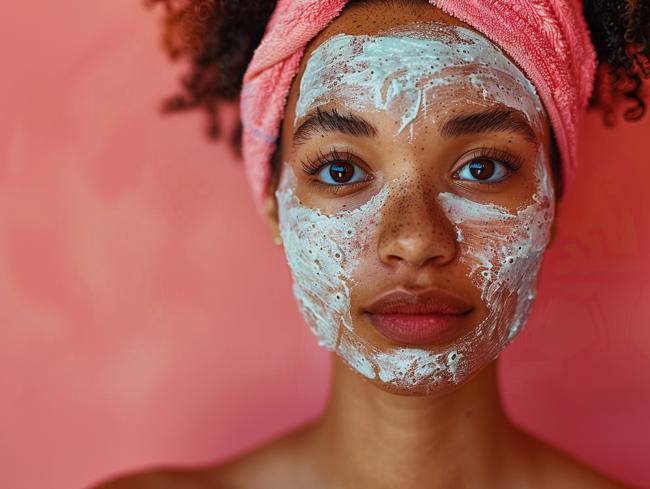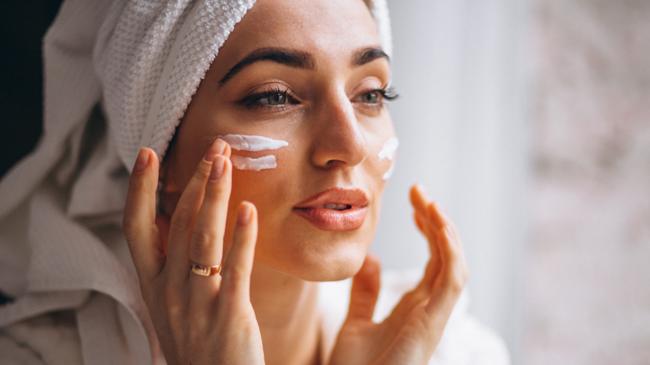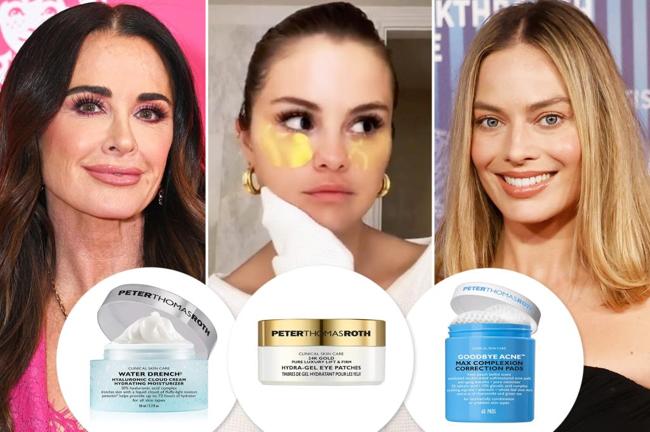Summary
Why that grainy scrub might be your skin’s worst enemy explores how harsh exfoliants damage skin and why natural options work better.
Source: Rolling Out

AI News Q&A (Free Content)
Q1: What is exfoliation in the context of skincare, and what are the common types used in cosmetics today?
A1: Exfoliation in skincare refers to the removal of surface skin cells and built-up dirt to promote skin regeneration and a deep cleanse. There are two main types: mechanical (using scrubs or brushes to physically remove skin cells) and chemical (using acids or enzymes to dissolve dead skin). Exfoliation is a standard cosmetic practice aimed at enhancing skin's youthful appearance and overall health.
Q2: What scientific evidence exists regarding the potential harm caused by harsh exfoliants on the skin?
A2: Scientific research indicates that harsh mechanical exfoliants, such as those with large, abrasive particles, can cause microtears in the skin barrier, leading to irritation, increased sensitivity, and potential long-term damage. Over-exfoliation disrupts the skin's protective layer, making it more susceptible to environmental aggressors and infections.
Q3: How do natural exfoliants compare to synthetic ones in terms of effectiveness and safety for skin care?
A3: Natural exfoliants, like finely ground oats or fruit enzymes, are generally gentler on the skin compared to synthetic scrubs with harsh particles. They effectively remove dead skin cells without causing microtears or excessive irritation. Scientific consensus suggests that using natural options reduces the risk of adverse reactions and supports healthier skin barrier function.
Q4: What are the most common myths about exfoliation in skincare, and what do scientific sources say about them?
A4: One prevalent myth is that more frequent or harsher exfoliation yields better results. Scientific studies refute this, showing that overuse of exfoliants can damage the skin and worsen conditions like acne or redness. Another myth is that all skin types benefit equally from exfoliation, but research emphasizes tailoring routines to individual skin needs and sensitivities.
Q5: What regulatory guidelines exist for exfoliant use in cosmetic products, and how do they protect consumers?
A5: Regulatory agencies, such as the U.S. Food and Drug Administration (FDA) and the European Commission, set safety guidelines for cosmetic exfoliants. These regulations limit the concentration and type of abrasive materials and acids allowed in consumer products, ensuring they are safe for regular use and do not pose unnecessary health risks.
Q6: What are the latest technological innovations in simulating the effects of skincare products, as documented in recent scholarly research?
A6: Recent research has introduced simulation models that predict facial pore changes after using skincare products. One 2023 study developed a simulation pipeline using clinical data and machine learning to render realistic facial pore changes over time, which aids in product development and personalized skincare recommendations.
Q7: How do exfoliants contribute to the development and commercialization of two-dimensional materials in cosmetic and other industries, according to recent studies?
A7: Innovative exfoliation methods, such as intermediate-assisted grinding, enable the mass production of two-dimensional materials like graphene and boron nitride. A 2020 study demonstrated this method's efficiency in producing high-quality, large-flake 2D materials, which have significant commercial potential in cosmetics for improved formulations and in other technological applications.
References:
- Exfoliation (cosmetology), https://en.wikipedia.org/wiki/Exfoliation_(cosmetology)




